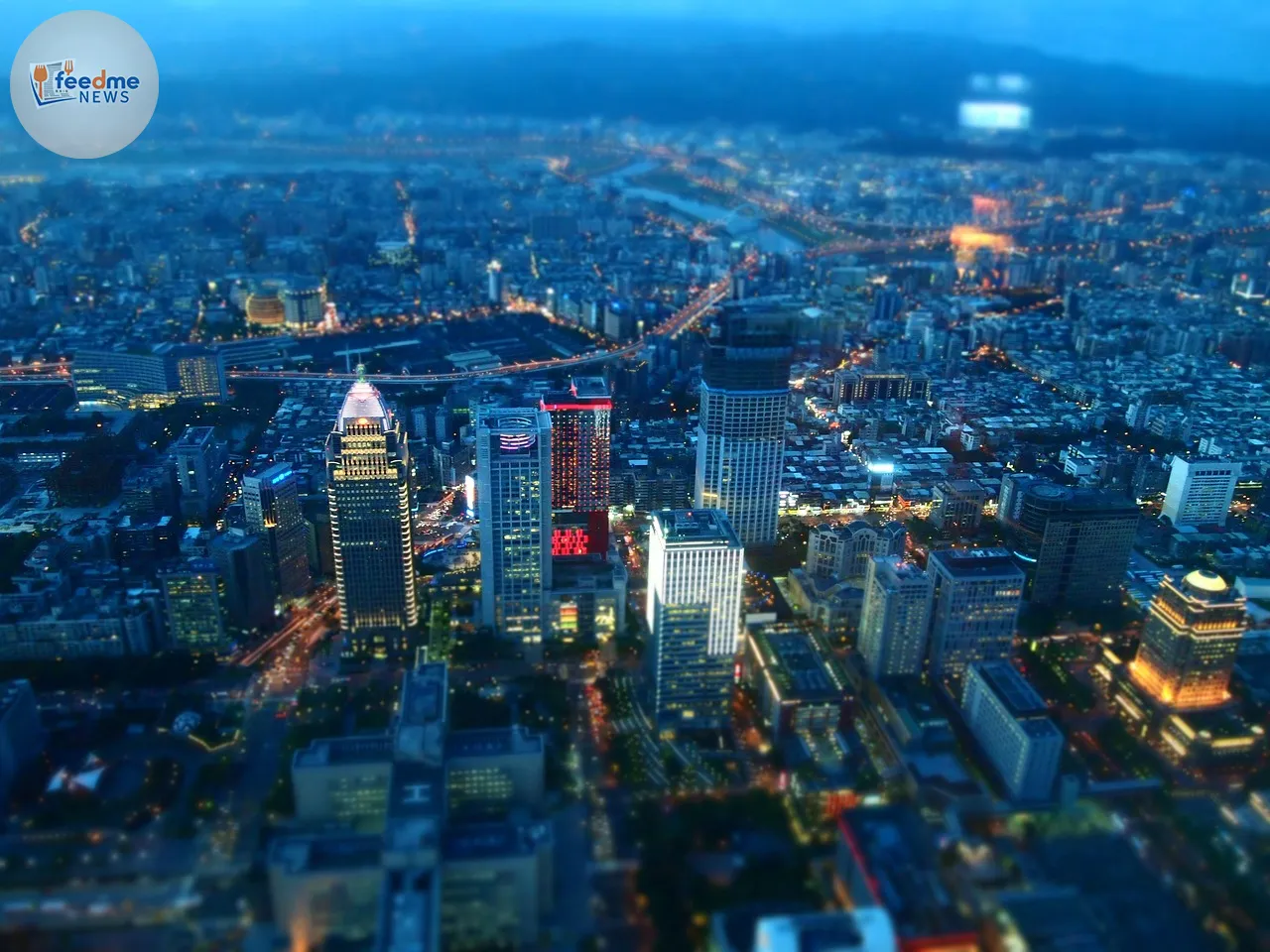On a humid evening in Taipei’s conservative district, a lively debate unfolds as residents gather near a garbage truck. A university student has just distributed leaflets advocating for the recall of their local legislator, accused of being too sympathetic to China. This scene is part of a broader movement across Taiwan, where activists are challenging members of the Kuomintang (KMT) opposition, alleging their pro-Beijing stance threatens Taiwan’s sovereignty.
Grassroots Movement Gains Momentum
In recent months, Taiwan has witnessed a surge in political activism aimed at recalling legislators perceived as favouring closer ties with China. This movement, primarily targeting the KMT, leverages a unique aspect of Taiwan’s political system that allows citizens to initiate recall votes against elected officials. The activists argue that these legislators’ positions undermine Taiwan’s independence and democratic values.
The recall campaigns have sparked intense discussions across the island, especially in areas with strong KMT support. These regions often view the activists as outsiders disrupting community harmony. Despite the resistance, campaigners remain undeterred, driven by what they see as an urgent need to protect Taiwan’s autonomy.

Historical Tensions with China
Taiwan’s complex relationship with China has been a central issue in its politics for decades. The island, which functions as a separate nation, is claimed by China as part of its territory. The KMT, historically the ruling party in Taiwan, has often advocated for closer economic ties with China, a stance that has become contentious amid rising geopolitical tensions.
In recent years, the ruling Democratic Progressive Party (DPP) has taken a more assertive stance against Beijing, appealing to a populace increasingly wary of China’s intentions. The recall movement reflects this shift, with many Taiwanese citizens expressing concerns over any political alignment with China that might compromise their sovereignty.
The Mechanics of Recall in Taiwan
Taiwan’s recall system empowers citizens to remove public officials before the end of their terms, provided they gather sufficient support. This process involves collecting signatures from at least 10% of the electorate within the official’s constituency, followed by a vote if the threshold is met.
Activists have seized upon this mechanism to challenge KMT legislators, whom they accuse of betraying Taiwan’s interests. The campaigns highlight the deep divisions within Taiwanese society, where opinions on relations with China vary widely.
Local Response and Political Implications
In traditionally KMT-stronghold areas, the recall efforts have encountered significant pushback. Many residents view the campaigns as disruptive and unnecessary, arguing that political differences should be resolved through regular elections. However, the activists argue that immediate action is necessary to prevent any potential erosion of Taiwan’s independence.
Political analysts suggest that the recall movement could have significant implications for Taiwan’s upcoming elections. If successful, these campaigns might weaken the KMT’s influence and bolster the DPP, which has positioned itself as the defender of Taiwan’s sovereignty.
Expert Opinions and Future Outlook
Political experts note that the recall campaigns reflect a broader trend of increased civic engagement in Taiwan. Dr. Mei-Ling Wang, a political science professor at National Taiwan University, observes that “these movements demonstrate a growing willingness among Taiwanese citizens to directly influence their political landscape.”
As Taiwan approaches its next election cycle, the recall campaigns are likely to intensify. With both domestic and international implications, the outcomes of these efforts could shape Taiwan’s political future and its relations with China.
The situation in Taiwan continues to evolve, with activists remaining steadfast in their mission to hold legislators accountable. As the recall campaigns progress, they serve as a testament to the vibrant and contentious nature of Taiwanese democracy, where citizens actively participate in shaping their nation’s path forward.






